
August 27, 2025 | Articles

While the ultimate military, political, and economic outcomes of the Russian invasion of Ukraine remain in flux, many organizations are nevertheless preparing to aid in the reconstruction of the war-torn country. Maximizing this aid will require guidance and support from both U.S. and international agencies as well as local partners, and one key to success is helping local Ukrainian subcontractors understand the requirements of pursuing work funded by international agencies.
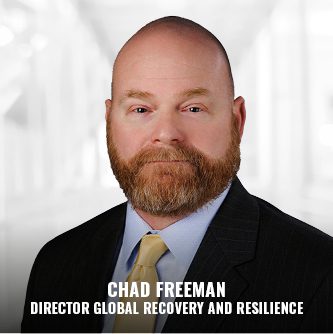 To stoke this understanding, Ukrainian and U.S. business and government representatives held a two-day conference in Kyiv to cover regulatory and legal best practices, the importance of environmental-social-governance and diversity and equity structures, and the benefits of working with U.S. firms in delivering projects efficiently and effectively.
To stoke this understanding, Ukrainian and U.S. business and government representatives held a two-day conference in Kyiv to cover regulatory and legal best practices, the importance of environmental-social-governance and diversity and equity structures, and the benefits of working with U.S. firms in delivering projects efficiently and effectively.
Hill International, Inc. Director of Global Recovery and Resilience Charles “Chad” Freeman along with Global Infrastructure Solutions, Inc. sister firm Palladium’s Clint Cavanaugh presented at the “Boosting Subcontractor Readiness Conference.”
Chad reports he was encouraged by what he saw. “Donor-funded projects can seem pretty daunting as a contractor if you aren’t familiar with the frameworks and constraints involved,” he explained. “But this conference showed that these are obstacles that can—and have to be—overcome.” He continues, “All of the presenters were there to identify gaps in understanding between U.S. firms and their Ukrainian counterparts, and I think we made great progress.”
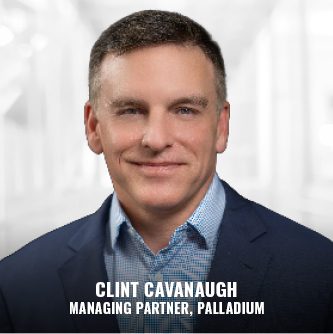 The conference was sponsored by the U.S. Department of Commerce, the American Chamber of Commerce in Ukraine, the U.S.-Ukraine Business Council, the U.S. Embassy (including U.S. Ambassador Bridget Brink), and the Ukrainian Ministry of the Economy. More than 80 Ukrainian contractors attended the conference, along with numerous national and local government officials. Chad adds: “More important that the numbers involved was the response. Contractor participation was strong, and they were asking the right questions.”
The conference was sponsored by the U.S. Department of Commerce, the American Chamber of Commerce in Ukraine, the U.S.-Ukraine Business Council, the U.S. Embassy (including U.S. Ambassador Bridget Brink), and the Ukrainian Ministry of the Economy. More than 80 Ukrainian contractors attended the conference, along with numerous national and local government officials. Chad adds: “More important that the numbers involved was the response. Contractor participation was strong, and they were asking the right questions.”
Specifically, Chad mentioned several key points Ukrainian contractors will need to keep in mind as they begin the arduous task of reconstruction. These points include:
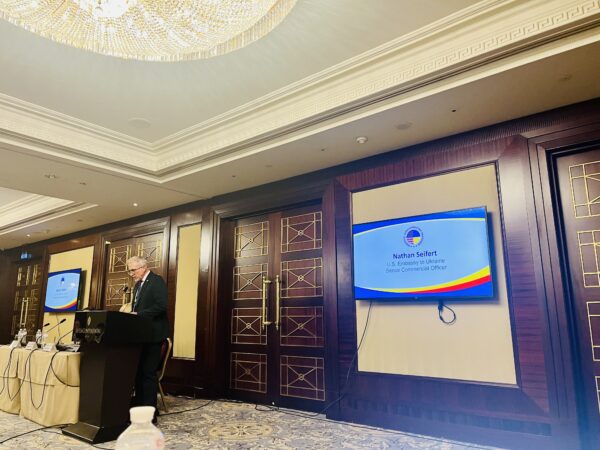
Chad and Clint also covered some of the minutiae subcontractors can expect in delivering reconstruction projects, such as the components of U.S. Federal Government proposals, the importance of proposal compliance and responsiveness, and adhering to the stated evaluation criteria.
“Federal proposal preparation is an art as much as a science, but if you can’t answer the RFP completely and correctly, you’re not going to be successful. Federally funded projects and programs really begin at the proposal stage—that’s the mindset we wanted to impart,” says Chad.
Chad and Clint also shared proposal best practices during their presentation, covering topics including tailoring approaches and methodologies to meet project requirements, focusing on branding, and leveraging a dedicated proposal response team to maximize quality and compliance. “Of course,” Chad adds, “Pricing is always going to be a, if not the, major evaluation factor, so make it clear the value your bid brings. But the presentation of your pitch matters as well. Being consistent and professional can only help.”
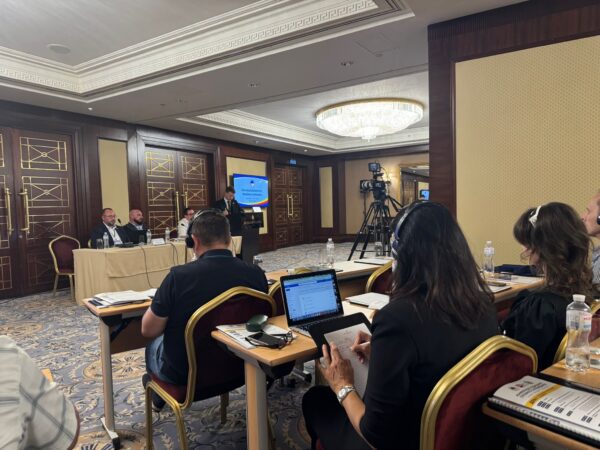
Hopefully, peace will return to Ukraine soon and the critical work of rebuilding the nation can begin. To help ensure the reconstruction is conducted as transparently, efficiently, and cost-effectively as possible, partnerships between and among donor agencies, U.S. firms, and local parties is paramount. The presenters and participants at the Boosting Contractor Readiness Conference exemplify the commitment of all involved to realize the best possible project outcomes for the Ukraine.
Charles “Chad” Freeman has nearly 20 years of experience in the AEC industry, including serving as a Senior Project and Program Manager for disaster recovery and infrastructure projects across the U.S., including work supporting the Federal Emergency Management Agency (FEMA). As a team leader, he has been responsible for overseeing projects and programs throughout the project lifecycle to completion.
Chad currently serves as Director, Global Recovery and Resilience for Hill International, Inc. where he leads the Resiliency and Disaster Recovery practice’s program, project, and construction work for clients involved in infrastructure recovery programs. Contact Chad at [email protected] or 228-990-2488 for more information.
Share

August 27, 2025 | Articles
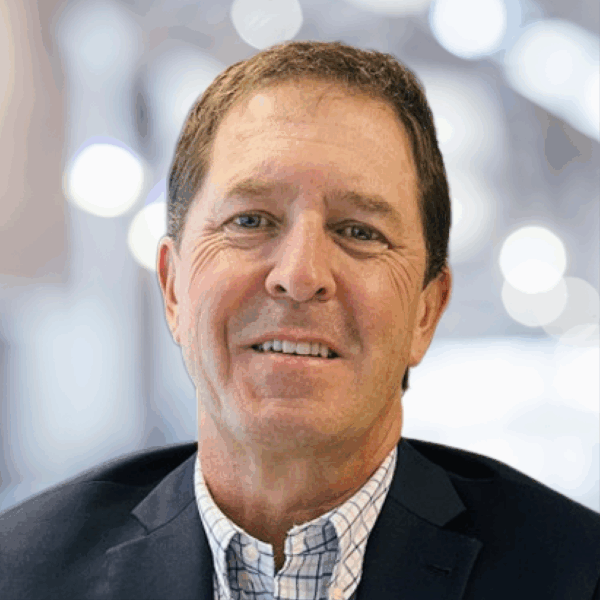
August 12, 2025 | Articles
Hill Welcomes Ben Schwenk as Senior Vice President in the Kingdom of Saudi Arabia

July 27, 2025 | Articles
The Infrastructure Puzzle: Robert Regalado’s Wholistic Business Development Approach
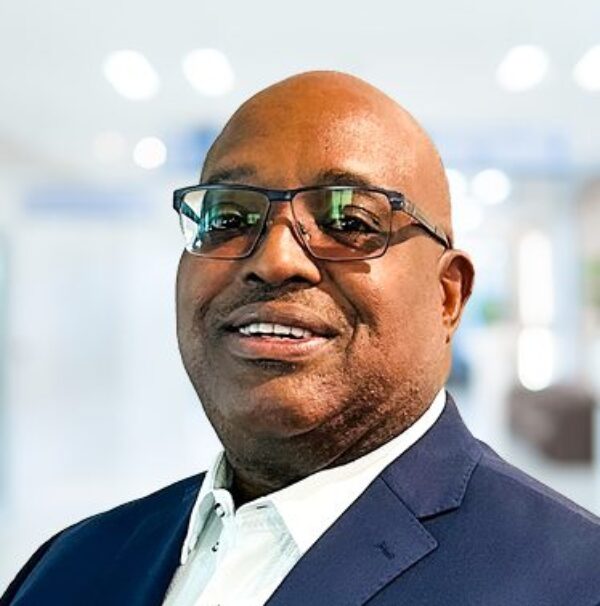
July 13, 2025 | Articles
Tech-Forward Contracting: A Much-Needed Construction Solution

June 23, 2025 | Articles
Jeffrey Hurley Joins Hill’s Northern California Rail Practice

June 23, 2025 | Articles
Ready, Set, Grow: First VP Chad Koelling Takes Charge of Hill’s Mountain West Region
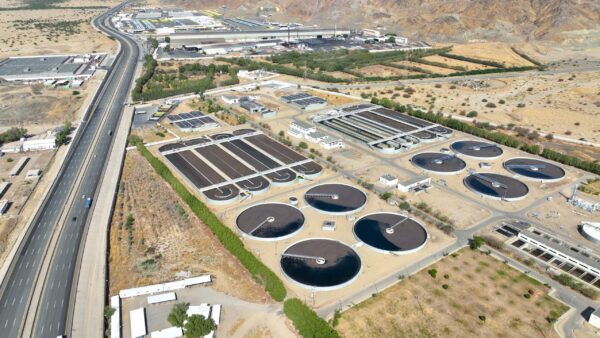
June 8, 2025 | Articles
PMO in Saudi Arabia: The Holistic Approach to Realizing a National Mega-Portfolio